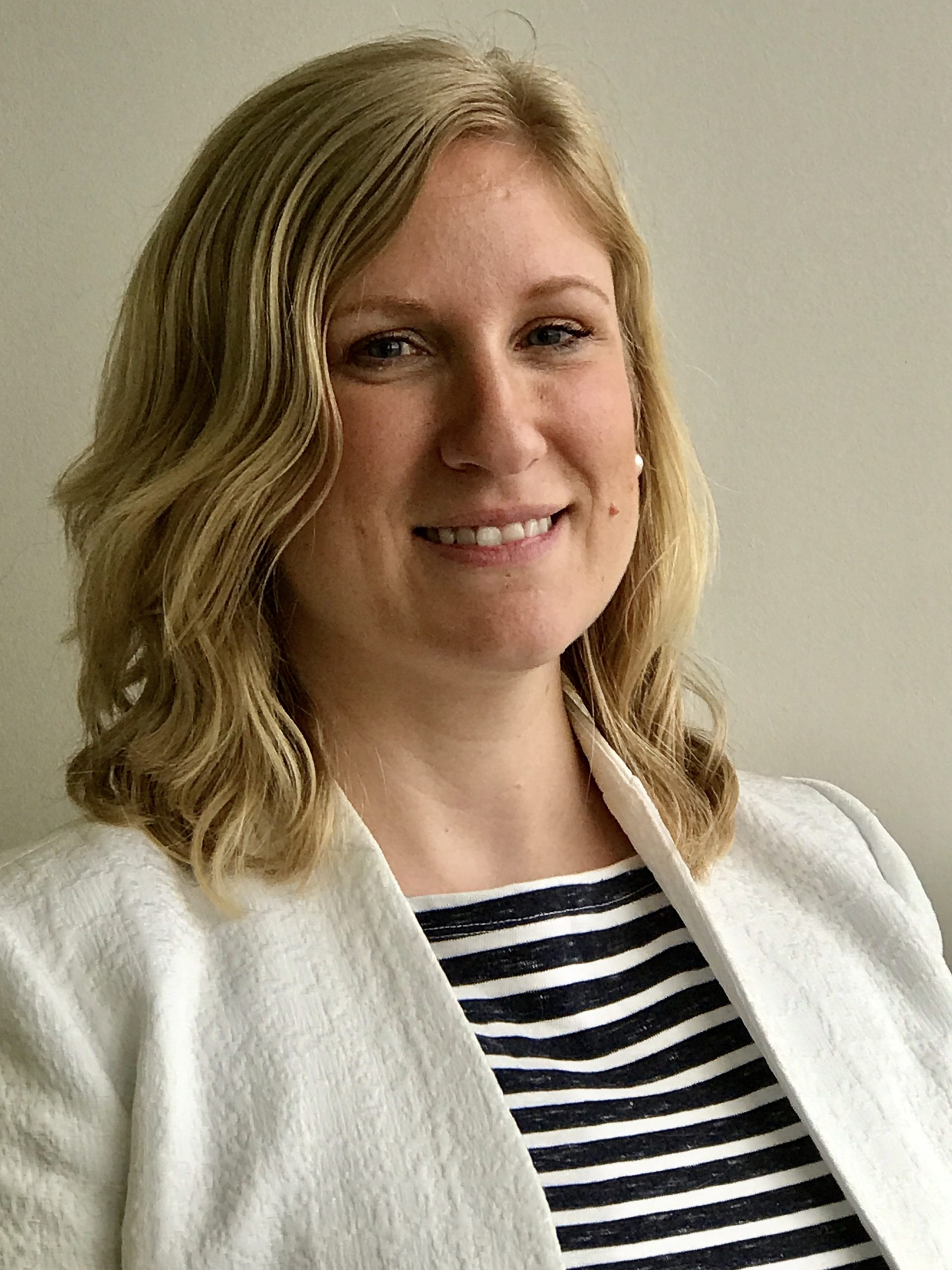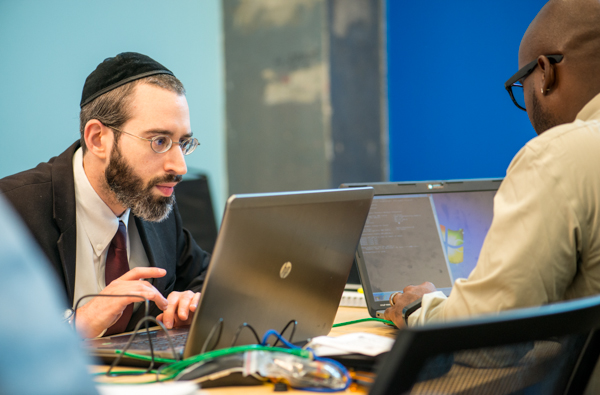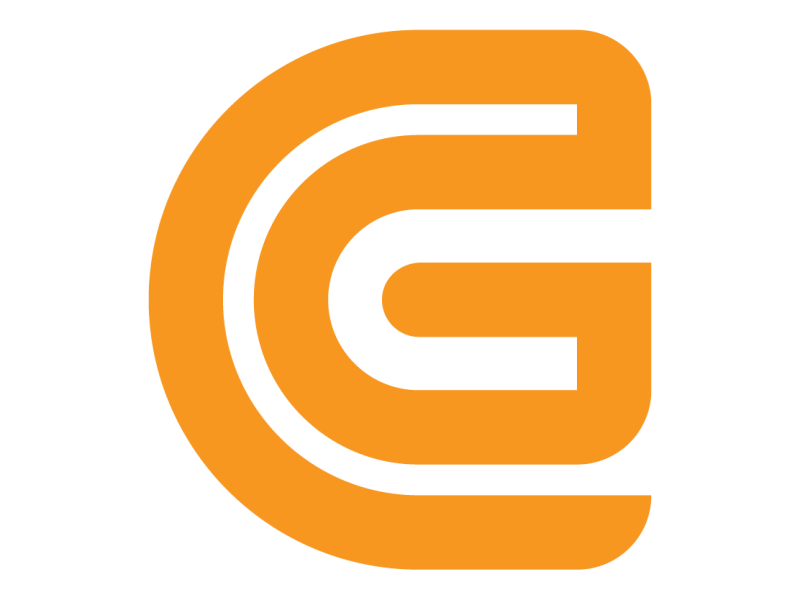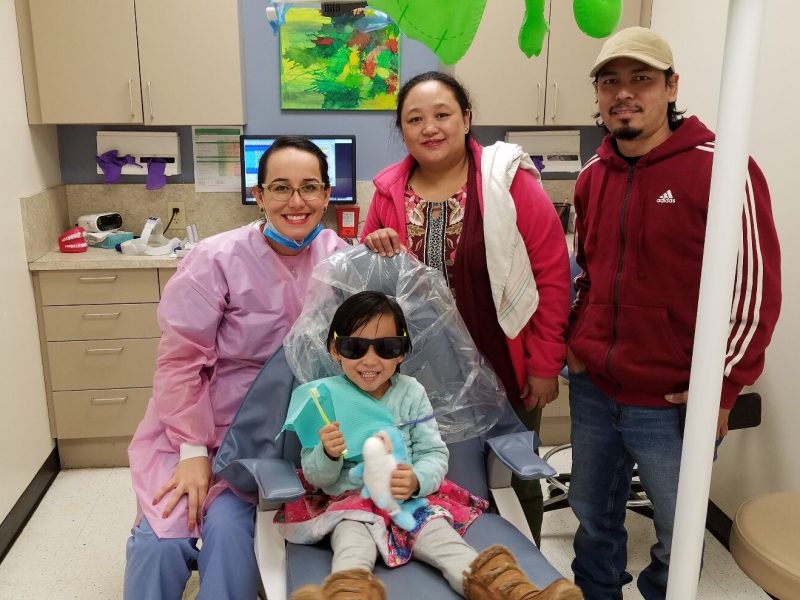Cincy’s Got Tech Talent: Per Scholas tech training nonprofit changes the face of the IT industry
Per Scholas utilizes its a-typical training platform of small, diverse classes to make information technology more accessible to non-traditional students and now it’s, literally, changing the face of IT.
This is not your typical technology classroom–small classes; diverse ages and education levels; a strong representation of women. Yet, Per Scholas’s a-typical training platform is exactly what makes it so accessible to non-traditional students and how it’s, literally, changing the face of information technology (IT).
In the quickly-evolving technology sector, entry-level jobs are plentiful. Yet, with the industry becoming increasingly specialized and education costs on the rise, no clear pathway exists between employers and potential employees from the country’s most vulnerable populations.
Nonprofit Per Scholas was started in New York City, answering to the need for a non-traditional IT career pipeline for unemployed and under-employed workers. Now, 20 years later, Per Scholas has 7 sites spread across 6 US cities. Each site’s program size and offerings vary in response to the local job market and population.
Growing Per Scholas in Cincinnati

Paul Cashen joined the Per Scholas Cincinnati Board back when the nonprofit opened locally five years ago. A year later, after a career managing IT businesses, he stepped in for what was supposed to be a temporary Director position. The position suited him well and he is now in his fourth year as Managing Director.
“I love the mission and that’s why I (initially) joined the Board,” he says. “You see that this is changing someone’s life, pretty dramatically.”
There is no “average” Per Scholas Cincinnati student. Most students are 25-34 years old and about 65% are ethnic minorities. 35% are women, which Cashen is hoping to increase even more. Most have at least some college credit or even college degrees; some walk through the door barely graduating from high school. Some students need a new career after a big life change; some are caught in dead-end or low-wage jobs. They all need an affordable, fast road to a better future.
At this point, Per Scholas Cincinnati offers three classes–IT Support, Software Testing, and a new Mainframe Operations program–with sessions beginning throughout the year. Enrollment in each class is between 12-20 students, for a total of about 120-130 students a year. Classes last between 5-10 weeks. Four days a week are spent learning the hard skills of the industry. On the fifth day, they focus on “soft skills”–things like interview skills, communication basics, networking, etc. In this way, Per Scholas is not only providing a unique and timely educational opportunity, but is also removing some of the most common barriers to gainful employment. Per Scholas has certified and placed over 350 people since opening in Cincinnati.
Per Scholas students are not paid for on-the-job training, but tuition at Per Scholas is free and IT jobs pay well. Cashen notes the follow-up report after two class cycles of Per Scholas’s QA program. At the time of their enrollment, the average household income of 19 students was only around $10,000 a year and they received a combined total of $130,000 worth of public assistance. Only a year later, graduates reported incomes around $30,000-50,000 and were now paying taxes back into the local economy. Economically speaking, this is a boon for the individuals themselves and the region as a whole.
“The ripple effect is enormous,” he says. “And that’s just nineteen people.”
What the “new collar job” market demands, Per Scholas delivers.
It was tech-giant IBM that first coined the term “new collar jobs” for this niche industry of tech skills-based careers that don’t usually require a traditional college degree. In the past, many tech support, repair, and quality control jobs might have been outsourced or sent overseas but most companies really would prefer to keep them local, if possible. Since technology advances daily and the demand for a qualified workforce increases, Per Scholas and its industry partners have been quick to respond.

Alicia Speed is Technology Recuiting Manager at staffing organization Russell Tobin. Her company initiated a conversation with Per Scholas about a growing employment gap in the area of mainframe technology. Together, Russell Tobin and Cincinnati’s Per Scholas team developed the new Mainframe Operations program to prepare students for this particular job market.
The Per Scholas model, Speed says, “not only serves the local community, but is also scalable to serve clients nationwide.”
“There are estimates that by 2020, 84,000 open positions within mainframe technology will need to be filled. This is a fantastic opportunity to re-skill or up-skill underemployed people for a great career.”
Mainframe technology is nothing new. In fact, Cashen refers to is as a “legacy technology.” So why would workers now entering the IT industry want or need to learn it?
A mainframe computer is used to process large amounts of data and transactions while supporting a large number of concurrent users. They are most often used by aerospace, financial, insurance, health care, and government institutions. The technology is used for its reliability, security, and stability. So while other technology continues to advance, mainframes don’t seem to be going away any time soon.
Western & Southern Financial Group is another partner in Per Scholas’s new Mainframe Operations program. They were recruited to help find a solution to the need for a new generation of skilled mainframe technicians.
Bob Turner, AVP of Application Development at Western & Southern explains why a nonprofit like Per Scholas can become a big player in the mainframe tech market:
“Most colleges and universities removed mainframe technology from their curriculum years ago. As a result, as the workers who are supporting the mainframe and the applications running on the mainframe retire, this presents a significant opportunity for underemployed people to be trained and to enter this workforce.”
IBM contributed much of the mainframe operations curriculum and is providing a virtual instructor for a week of the program. Western & Southern also helped develop the curriculum and will send two current employees through the classes to “up-skill” them into higher paying jobs within the company.
Like Western & Southern, many of the partnering companies that underwrite the Per Scholas programs also hire its graduates. This completes the employment pipeline. For example, local company Thrive helped launch Per Scholas’s software testing program three years ago and has hired over 40 of its graduates.
Across the board, Per Scholas graduates have an impressive employment rate and low attrition. And Cashen says that, in these “new collar” industries, training and advancement doesn’t end with low-level employment. Many IT professionals will continue their training through their employers. Some Per Scholas graduates advance to management and supervisory positions and Cashen’s team is developing more advanced training for alumni.
Cashen says the Per Scholas model works for anyone interested in a new career in IT.
“You don’t have to spend the next two years or four years at a traditional institution, spend thousands of dollars and go thousands of dollars into debt. Instead, you can come here. It’s free and you can launch a new career. The sky is, quite literally, the limit.”
For those interested in enrolling
The nonprofit’s offices and classrooms are housed in the CityLink Center in the West End. The organization operates independently from CityLink but the location makes collaboration between agencies seamless. While enrolled in the program (and after graduating), students have easy access to various social services and resources, even childcare.
Per Scholas’s new Mainframe Operations class begins on May 21 and enrollment is open now. Those interested can apply online. Candidates must have the equivalent of a high school diploma or GED and be able to pass a 10th grade level literacy test. Interested students with questions about either requirement should contact Per Scholas staff. Through a partnership with Cincinnati Public Schools, Per Scholas will even facilitate GED testing for those who need it before enrolling.
Footnote:
Over the next few months, Soapbox will continue the Per Scholas story, introducing our readers to those enrolled in its program, and sharing successes of alumni who have graduated into gainful employment.
Support for the Cincy’s Got Tech Talent series is provided in part by Per Scholas Cincinnati.


















